
Why You Should Never Ever K--ill A House Centipede If You Find One Inside Of Your Home
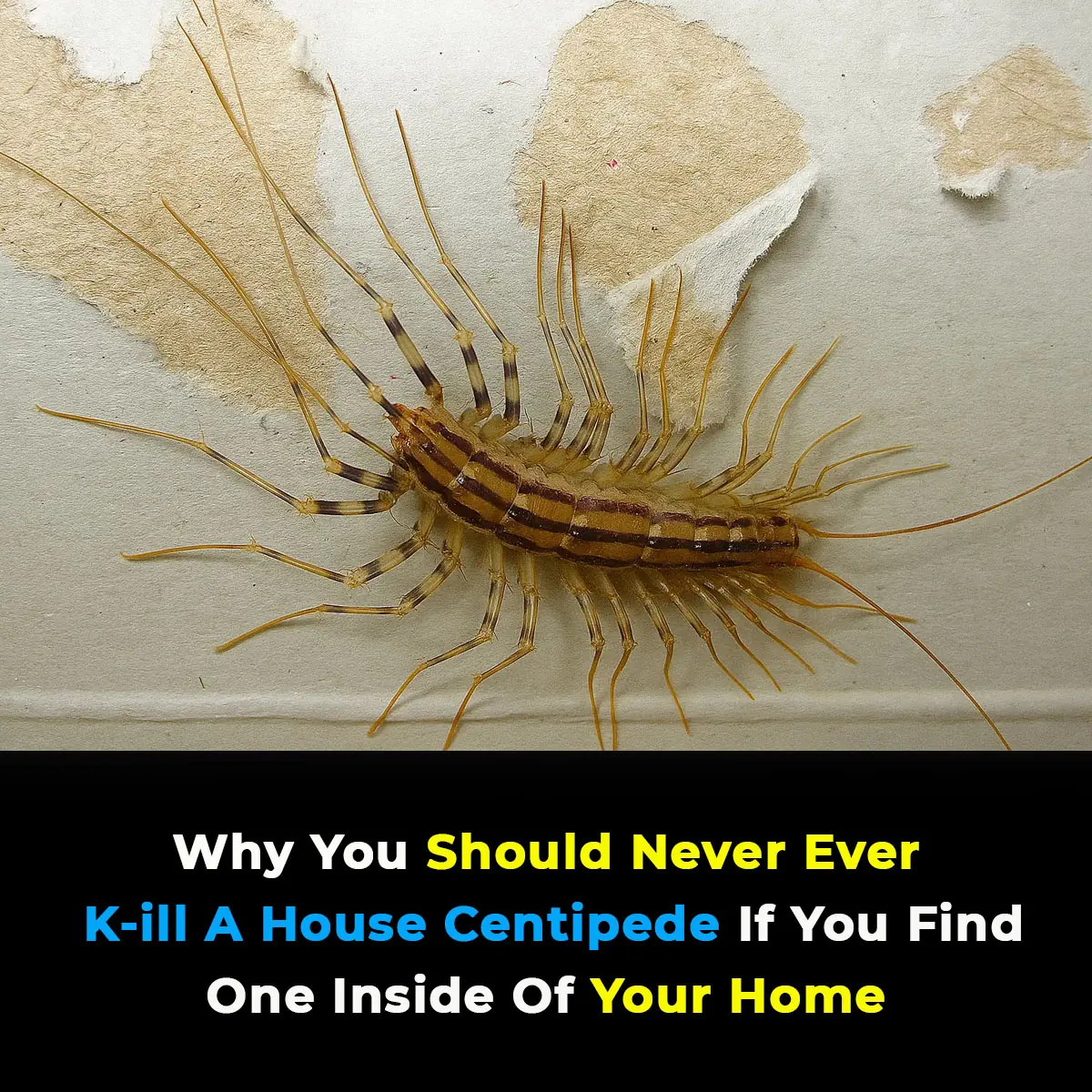
Finding a house centipede can be a deeply unsettling experience. Whether it’s scurrying across the floor, peeking from behind a door, or appearing in a cupboard, these creatures tend to make a lasting impression. With their 15 pairs of legs and ability to move at speeds of up to 1.3 feet per second, it’s no wonder they send many running for a shoe or rolled-up magazine. But before you swat at them, it’s worth noting that house centipedes actually have benefits for you and your home.
Why You Shouldn’t Get Rid of House Centipedes
First, it’s important to understand that house centipedes are harmless, though this fact might not make them any more welcome. They can, however, serve as effective natural pest controllers. These centipedes hunt and kill other pests, including termites, cockroaches, spiders, silverfish, moths, carpet beetles, and flies. They use their legs to capture prey and inject venom through their front two legs. Despite their name, “centi” meaning “hundred,” they only have 15 pairs of legs, though it can certainly feel like more. These yellow-gray insects, which have stripes across their bodies, usually hunt at night.
In the rare instance that a centipede bites a person (usually from being handled or accidentally stepped on), the bite is comparable to a bee sting. To treat it, clean the bite area with antiseptic and apply ice to reduce swelling. Unlike many other pests, house centipedes don’t leave webs or nests behind, making them relatively clean houseguests. Their primary purpose is to hunt other bugs, and they don’t cause damage to your clothes, furniture, or carry diseases.
Of course, the best scenario is to have no pests in your home at all, whether helpful or not. Centipedes often find their way indoors seeking shelter from cold weather or looking for the humidity present in damp areas, such as basements or under leaky sinks. To prevent house centipedes from moving in, it’s important to address the moisture issues and eliminate their food sources—i.e., the pests they prey on.
How to Get Rid of Centipedes
To start, check for moisture problems in your walls, which you can resolve by using a dehumidifier or installing a fan in bathrooms. Clear away any debris that might be causing leaks, and inspect under sinks or in the basement for potential water sources. Ensure that shower and sink drains are working properly and are free from puddles that could attract house centipedes.
Next, seal any cracks and openings around doors, windowsills, and corners, and look for gaps where pipes and electrical lines enter your home. Closing off these entry points will not only prevent centipedes from entering but will also help reduce other pests that serve as their food source. If their prey disappears, the centipedes will be forced to search elsewhere. To prevent this, patch up any torn screens, maintain weatherstripping around windows and doors, and regularly sweep away spider webs. Inspect your crawlspaces and basement for nests or cockroaches, and check that the dryer vent is sealed properly to prevent pests from entering. Additionally, consider using sticky traps, cedarwood sprays, vinegar baths, and sprinkling baking soda in problem areas. If the issue persists, don’t hesitate to call pest control for assistance.
If you encounter a centipede, avoid crushing it with a tissue, as this can leave a sticky mess. Instead, use a vacuum to collect any escaping centipedes and dispose of them by placing the vacuum bag or cup in a sealed plastic bag and discarding it in an outdoor trash can. You can also use diatomaceous earth, a powder that kills various indoor pests. Sprinkle it around corners, doors, and cracks, and wait 24 hours before vacuuming it up. Centipedes often frequent bathrooms and sinks, so pouring vinegar or bleach (but not both, as they can react dangerously) down the drains can help eliminate potential hiding spots.
For a serious infestation, consider insecticide sprays or dust, following safety instructions carefully. In some cases, a professional exterminator might be needed. While house centipedes aren’t harmful and can help control pests, most people would rather not have these multi-legged creatures hanging around for too long.
News in the same category


Apple Agrees to Pay Out Users From $95,000,000 Fund After Lawsuit Accused Siri of Listening to Private Conversationsa

How she got her wealth might surprise you too 👀

What Is This Button In The Car For

How Long Cooked Food Can Stay In The Refrigerator

Unbelievable: China is About to Launch the First ‘Pregnancy Robot’ to Carry a Baby

This Is How These 10 Worldwide Famous Kids Look Like Now

What Does It Mean To Wear a Ring On The Right Hand
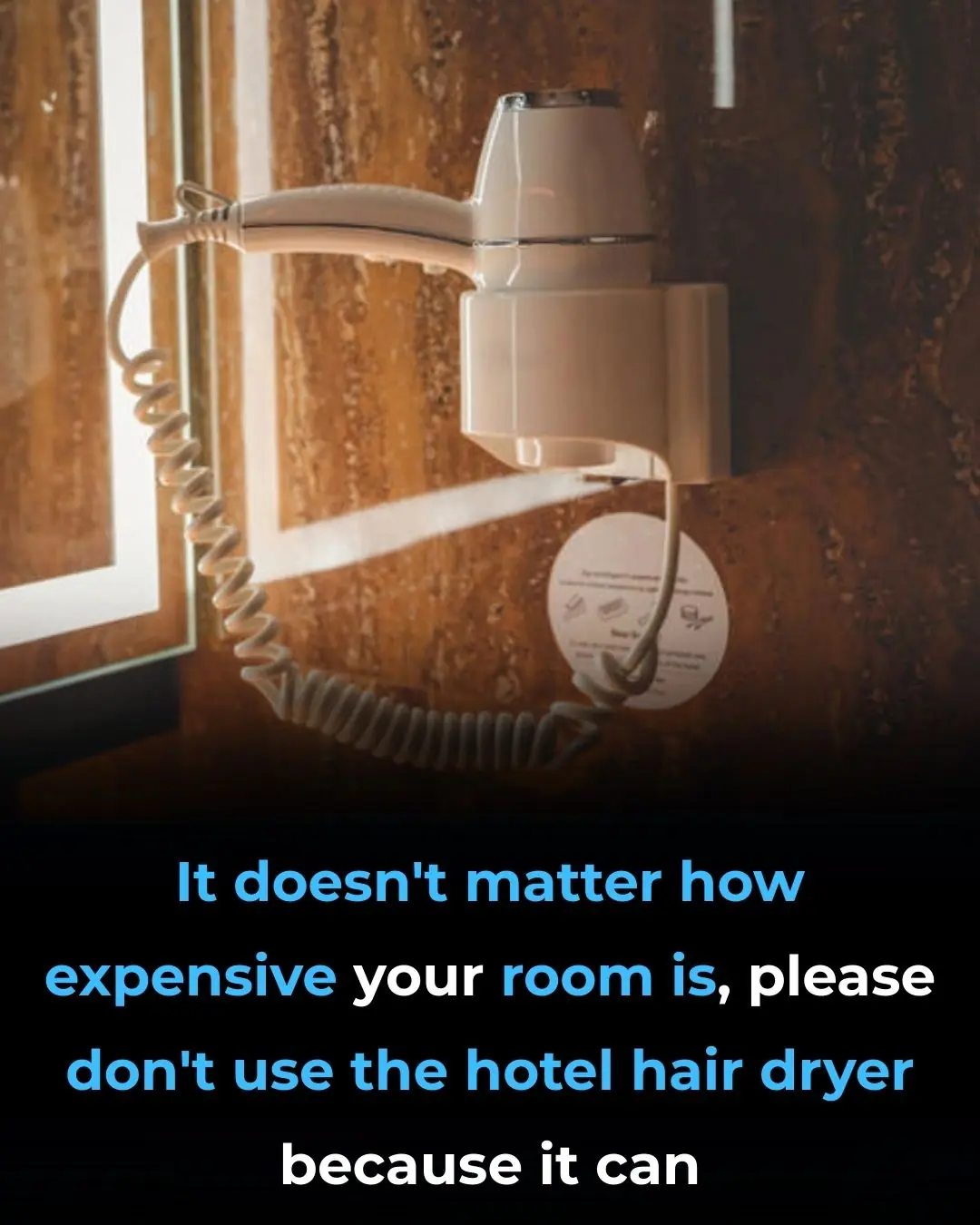
Hotel Workers Reveal What Goes On

Scientists Explain Why ‘Doing Your Own Research’ Leads to Believing Conspiracies

The Richest Americans Still Die Earlier Than the Poorest Europeans
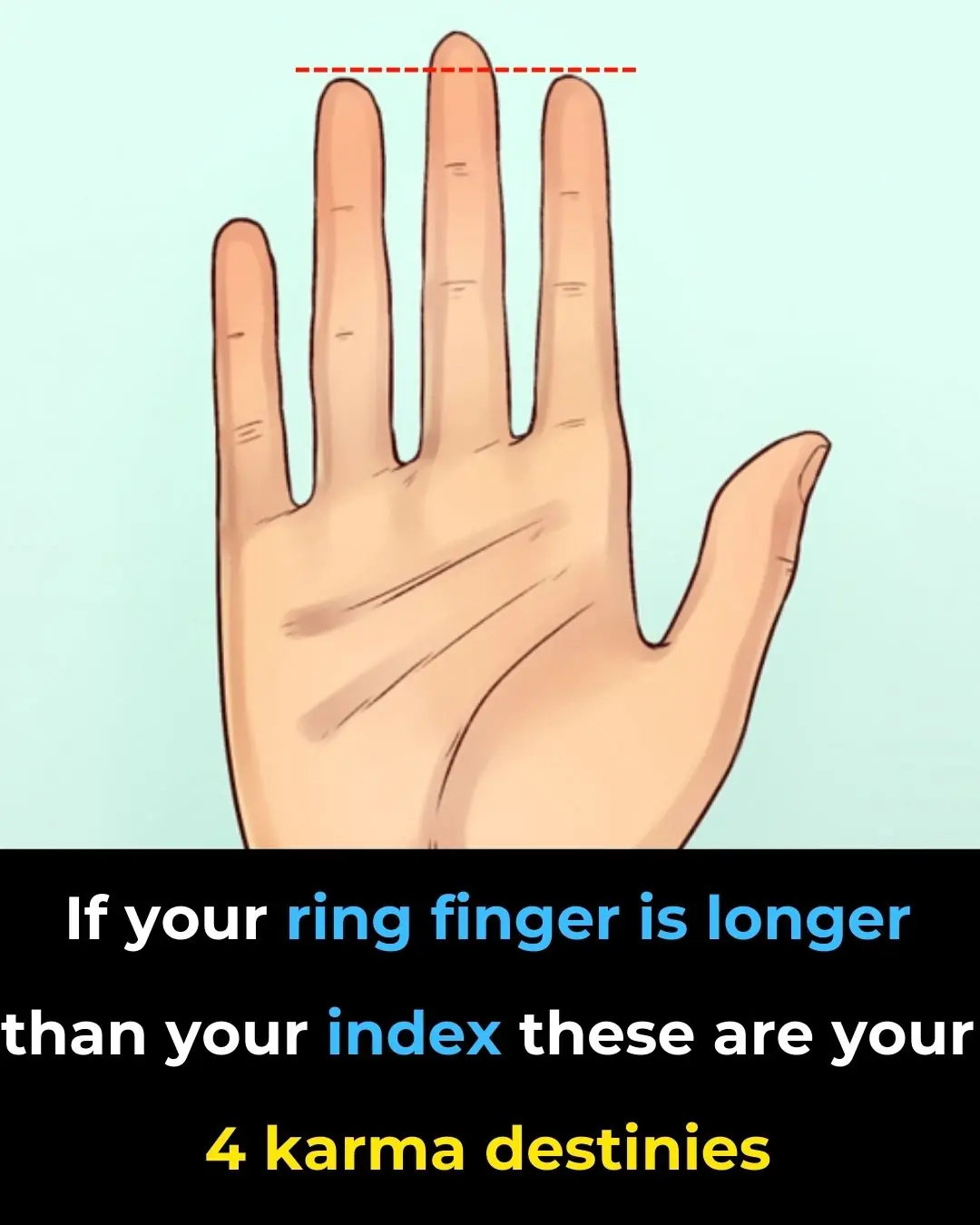
Ring Finger Longer Than An Index Finger

She Spent $70,000 on Cosmetic Procedures — Now She’s Owning Her Beauty Despite the Backlash

Woman employed by popular mobile network sues company after being 'forced' to do nothing for 20 years

This School Is Teaching Teen Girls Important Life Skills Like Changing Tires and Other Car Maintenance

Indiana Woman Arrested After Traveling To DC To Kidnap And Assassinate Trump
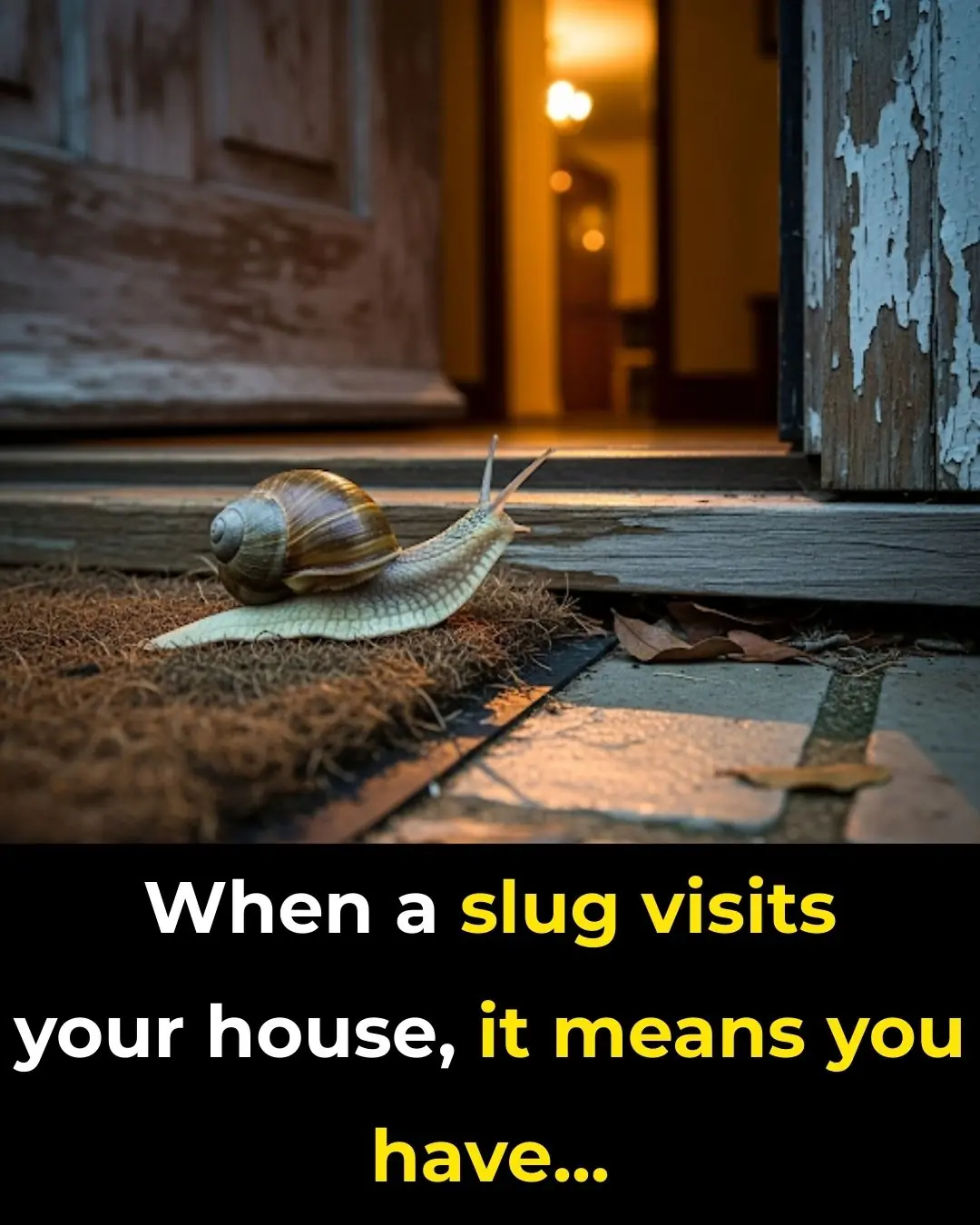
Why Slugs Deserve More Credit Than You Think

Sink Trick You Should Always Do Before Vacation

The Meaning of Having an Unmade Bed

How to Charge Your Phone to Extend Battery Life
News Post

These Foods Cause Insomnia

How To Get Rid of Phlegm And Mucus

Most people eat these 7 meats daily — here’s why you shouldn’t

1 herb being called a miracle for liver, blood sugar, and blood pressure

Proposed Law Would Give Cognitive Fitness Tests To Elderly U.S. Lawmakers

Apple Agrees to Pay Out Users From $95,000,000 Fund After Lawsuit Accused Siri of Listening to Private Conversationsa

Dr. Nick Norwitz Eats Over 700 Eggs in a Month to See What Happens

How she got her wealth might surprise you too 👀
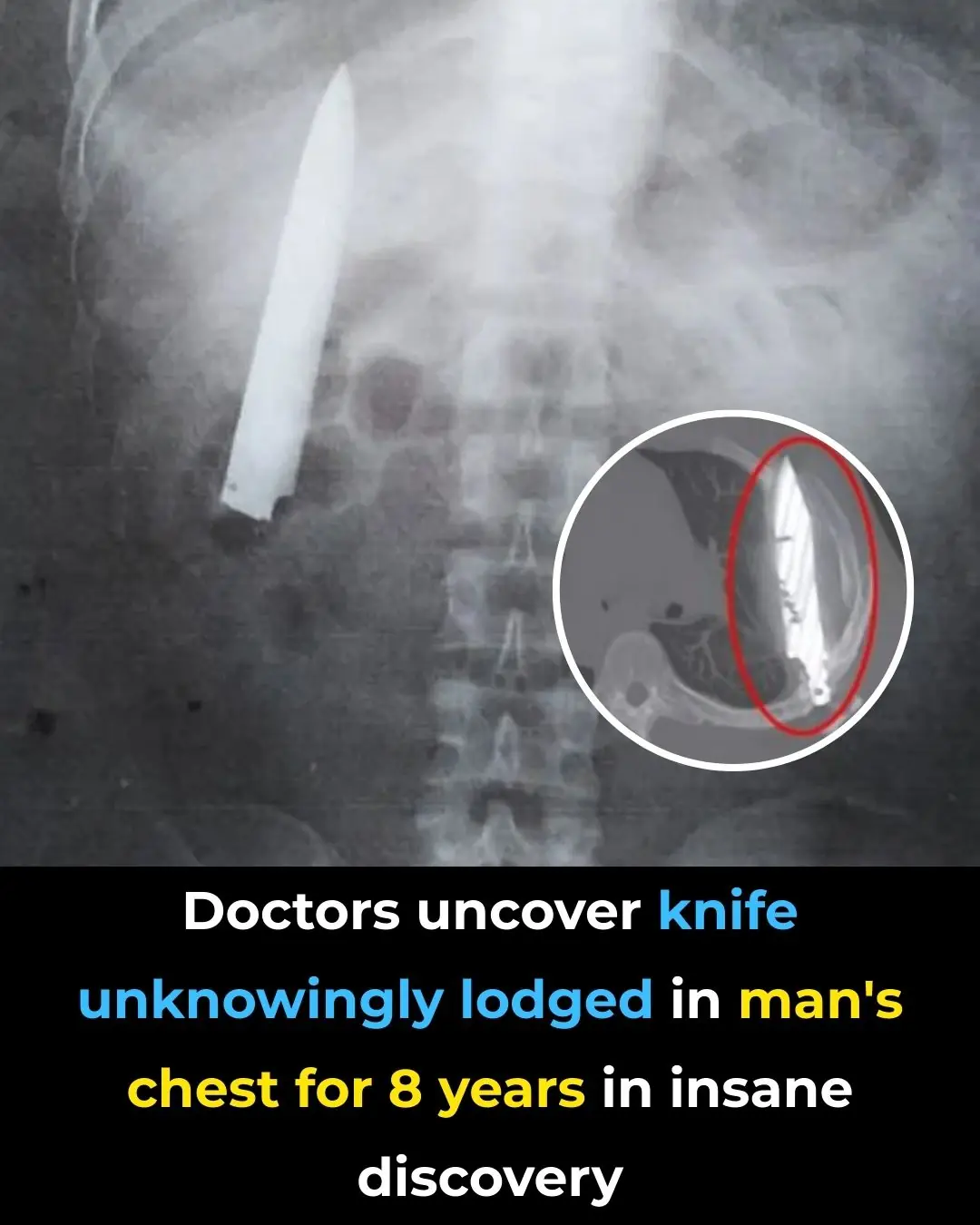
Doctors uncover knife unknowingly lodged in man's chest for 8 years in insane discovery

Elon Musk unveils new AI project that could recreate Microsoft’s entire business operations

Arkansas woman accidentally discovers $27,000 dollars after kicking 'spiderweb' in park
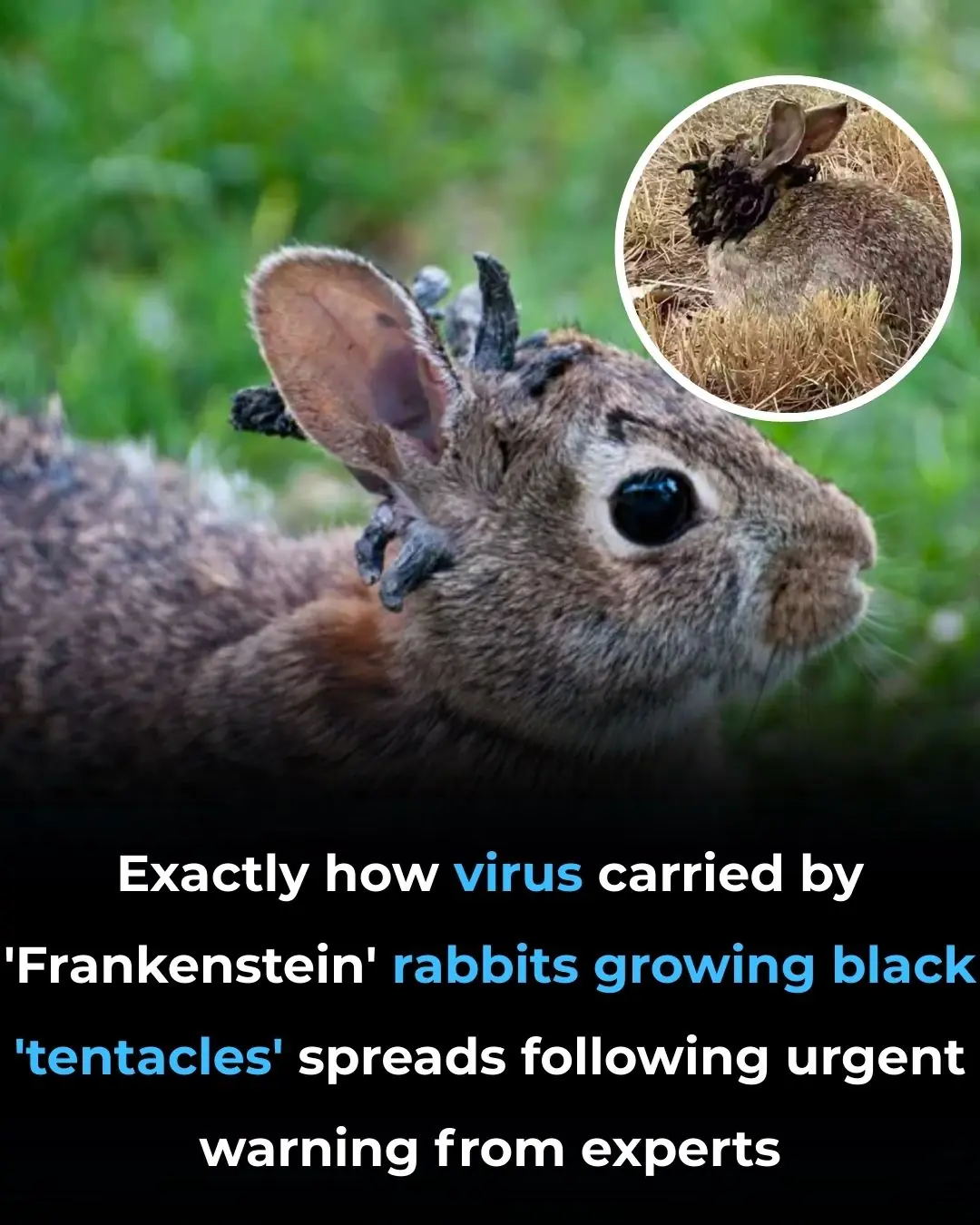
Exactly how virus carried by 'Frankenstein' rabbits growing black 'tentacles' spreads following urgent warning from experts

The Elders' Teachings Are Not Wrong: "The Kitchen Should Not Face Three Directions, and the Bed Should Not Be Placed in Three Locations"

5 Types of Plants That Snakes Love: If You Plant Them in Front of Your House, Remove Them Immediately Before It’s Too Late
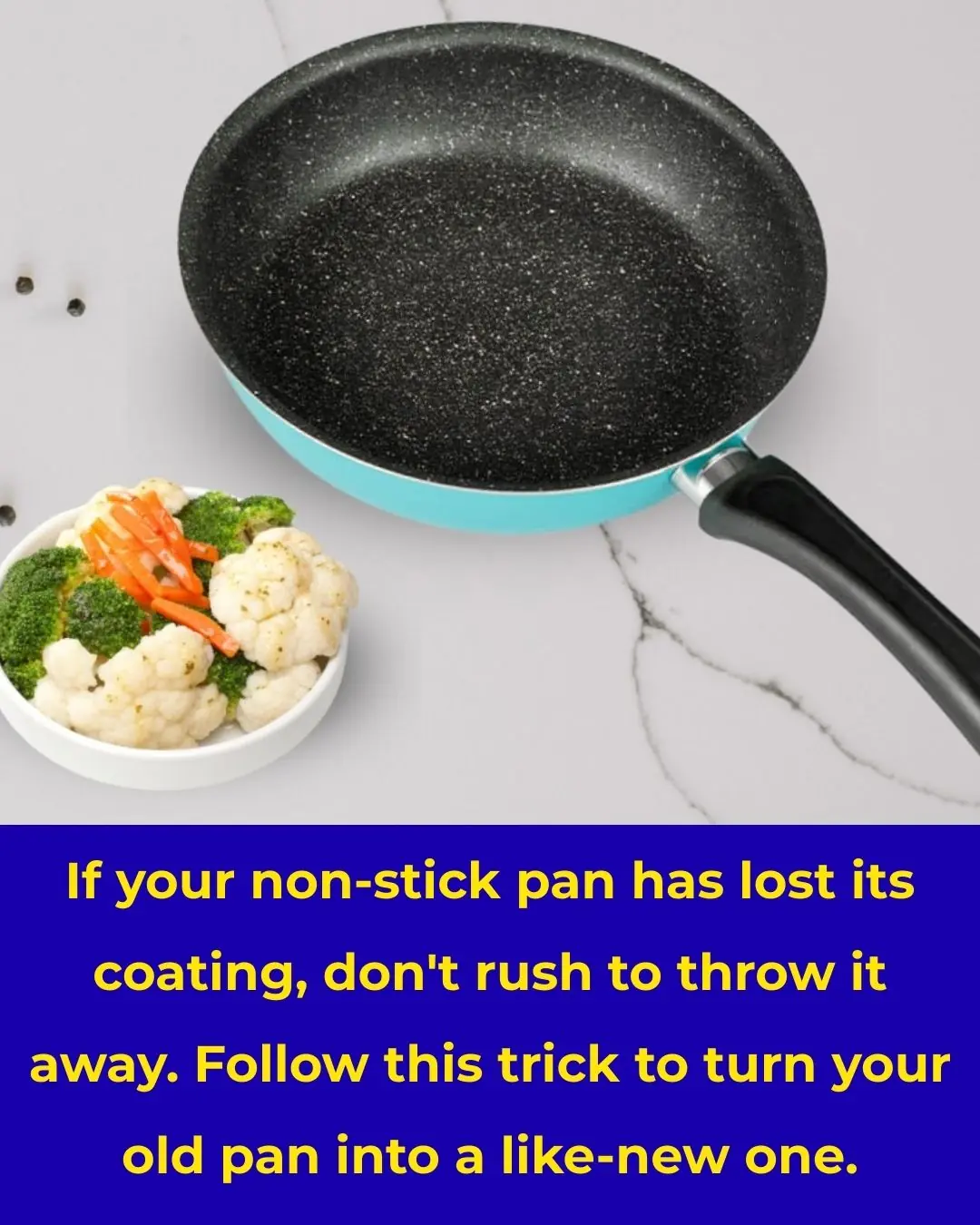
If Your Non-Stick Pan Has Lost Its Coating, Don’t Rush to Throw It Away. Follow This Trick to Turn Your Old Pan Into a Like-New One.

Cooking Oil Often Splashes When Frying? Add This Ingredient to the Pan, and You Won't Have to Worry About Oil Splattering or Sticking to the Pan

Is It Correct to Close the Door When Using the Air Conditioner? Here Are 5 Mistakes That Can Cause Your Electricity Meter to Increase 2-3 Times

Boiling Eggs with Just Water is Not Enough: Add This Ingredient, and the Eggs Will Cook Evenly, Have a Rich Flavor, and the Shells Will Peel Off Easily

Do Not Ignore These 10 Warning Signs That Your Kidneys May Be In Danger
